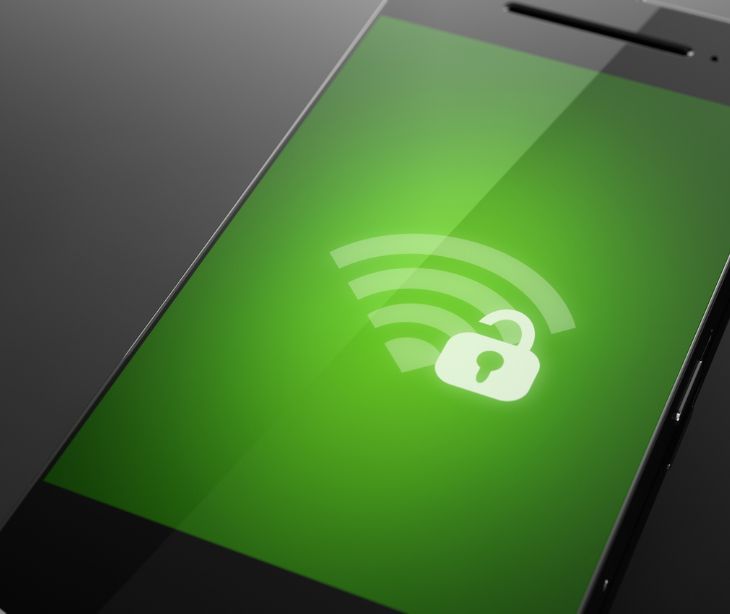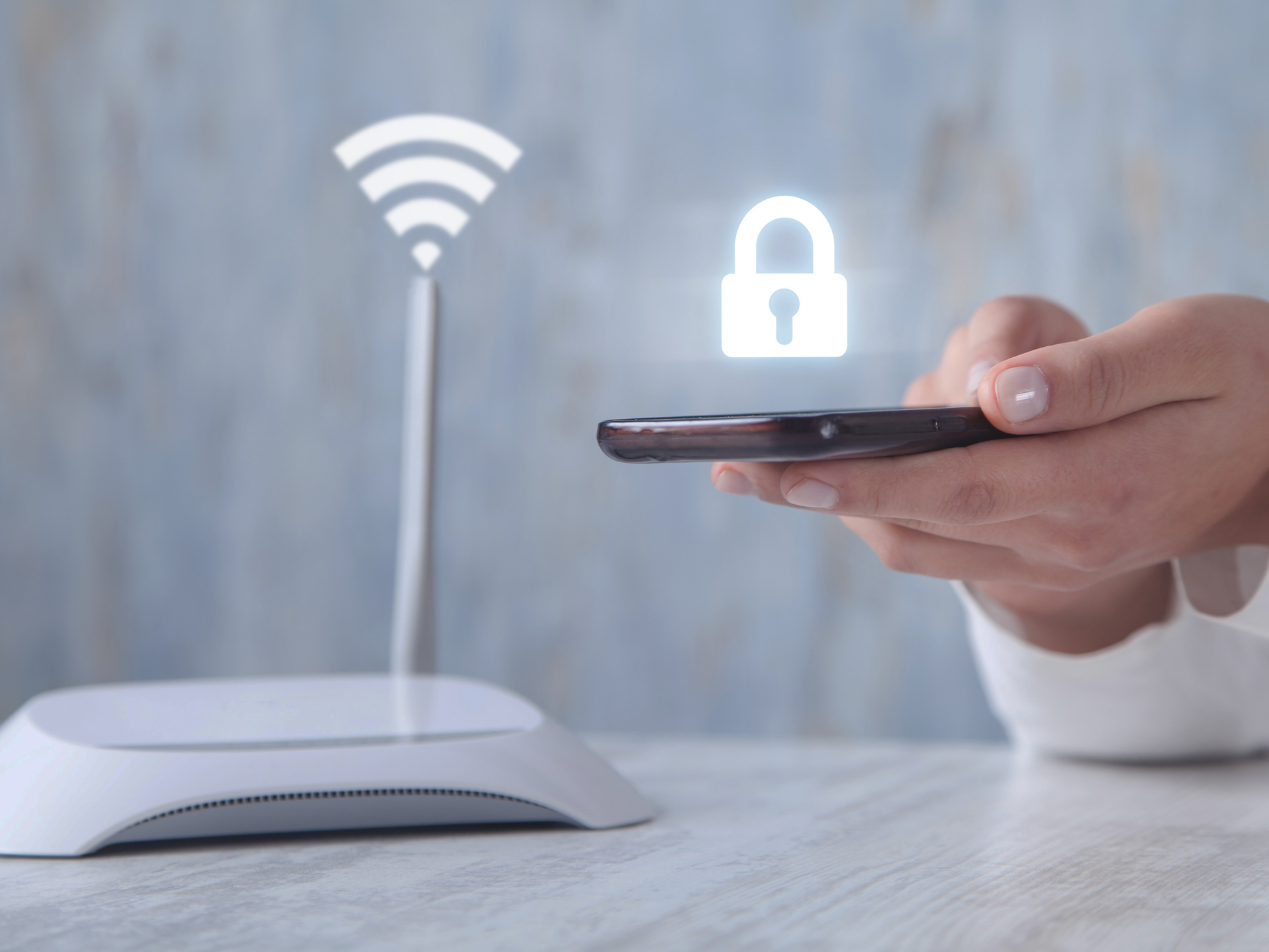
Medical errors have gained increased attention in recent years due to their impact on patient safety and well-being. This brings to attention the multifaceted nature of medical errors and the need for comprehensive strategies involving healthcare professionals, organizational changes, and regulatory measures.
What are medical errors?
Medical errors refer to unintended actions or omissions during healthcare delivery that lead to measurable harm to a patient. They encompass a range of events that vary in severity and potential to cause harm. These errors can occur due to various factors, including carelessness, negligence, overwork, or stress among healthcare professionals, as well as system-based issues within the healthcare environment.
Potential causes
- Human factors: Healthcare professionals' carelessness, negligence, stress, overwork, burnout, and cognitive biases can lead to errors in patient care.
- System issues: Inadequate communication, lack of standardized protocols, poor teamwork, inefficient workflow, and insufficient training can contribute to medical errors.
- Patient complexity: Complex medical conditions, advanced patient age, and patient-related factors can increase the risk of errors.
- Work environment: Schedule instability, sleep deprivation, rotating shiftwork, and workload can lead to provider fatigue and decreased performance.
- Lack of information: Failure to disseminate drug knowledge, inadequate communication of patient information, and failure to use indicated tests or treatments can contribute to errors.
- Provider burnout: Burnout among healthcare professionals can lead to decreased performance, poor decision-making, and an increased risk of errors.
- Defensive medicine: The fear of litigation can lead to excessive testing, overtreatment, and unnecessary interventions, which may not align with best clinical practices.
- Technological factors: Technological failures, such as electronic health record glitches, can contribute to errors in patient care.
How these errors can impact PHI
When healthcare professionals are stressed, overworked, or experiencing burnout, they might inadvertently mishandle PHI, leading to unauthorized access or exposure. Poor communication and inadequate information dissemination can result in the wrong patient receiving treatment or medication, potentially exposing their sensitive health data. Similarly, diagnostic errors could lead to incorrect PHI being associated with a patient's record.
Medication errors, whether due to administering the wrong drug or dose, could result in incorrect information being recorded in the patient's health record. Inadequate patient handoffs and procedural errors may result in miscommunication, leading to discrepancies in the documentation of PHI. Additionally, failures in electronic health record systems or other technological glitches can compromise the security of PHI.
See also: Human error is inevitable - robust email security is a must
Strategies to prevent medical errors in healthcare organizations
- Implement regular mindfulness and stress reduction programs for healthcare professionals to mitigate the impact of stress and burnout on patient care.
- Provide ongoing training on cognitive biases and decision-making to enhance clinical reasoning skills and reduce errors due to cognitive biases.
- Encourage a culture of open communication where healthcare professionals feel comfortable reporting errors and near misses without fear of reprisal.
- Develop standardized protocols and checklists for critical procedures and patient handoffs to ensure consistent, safe communication and care transitions.
- Implement interdisciplinary team training to improve teamwork, collaboration, and communication among healthcare professionals.
- Use specialized assessment tools to identify patients with complex medical conditions or advanced age who may require additional monitoring and interventions.
- Implement patient education programs to enhance patient engagement and encourage active involvement in their own care.
- Implement fatigue management strategies, such as limiting consecutive work hours and providing adequate time for rest and recovery between shifts.
- Use technology to optimize scheduling and reduce excessive workload, helping to prevent provider fatigue.
See also: HIPAA Compliant Email: The Definitive Guide
Consequences of PHI mishandling due to medical error
- Civil penalties: Depending on the level of negligence and the severity of the violation, organizations may face civil monetary penalties. These penalties can range from hundreds of dollars to millions of dollars for repeated or willful violations.
- Criminal penalties: In cases of intentional or willful neglect of PHI security, individuals and organizations may face criminal charges. Criminal penalties can lead to substantial fines and even imprisonment.
- Corrective action plans: In addition to fines, organizations in violation may be required to develop and implement formal corrective action plans to address deficiencies in their privacy and security practices.
- Breach notification: If PHI mishandling leads to a breach of unsecured PHI, organizations must notify affected individuals, the Department of Health and Human Services (HHS), and, potentially, the media. Failure to report breaches can result in penalties.
- Loss of accreditation and contracts: Organizations found to be repeatedly noncompliant with PHI security regulations may lose accreditation or contracts with government programs and private payers.
- Suspension or revocation of licenses: Healthcare professionals found to be negligent in handling PHI may face disciplinary actions from licensing boards, including suspension or revocation of their professional licenses.
Subscribe to Paubox Weekly
Every Friday we bring you the most important news from Paubox. Our aim is to make you smarter, faster.



